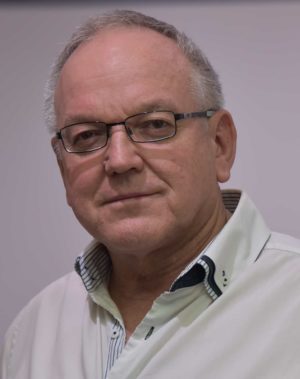- Home
- Prof Thomas Borody
Prof Thomas Borody

Prof Thomas J Borody, MB, BS, BSc(Med), MD, PhD, DSc, FRACP,FACP,FACG, AGAF
Director of the Centre for Digestive Diseases, Sydney, Australia
Dr Borody completed both his BSc(Med) and later MB BS at the University of NSW graduating in 1974.
He gained experience in parasitology, treatment of TB and leprosy in the Solomon Islands, completed his MD at the Garvan Institute of Medical Research and University of Sydney School of Veterinary Science, then spent 3 years in clinical research at the Mayo Clinic, Rochester, Minnesota.
Later he gained his PhD at the University of Newcastle and his DSc at UTS in Sydney.
Dr Borody’s clinical interests focus on the development of novel treatments including those of human gut microbiome using Faecal Microbiota Transplantation (FMT) to treat Clostridium difficile infection, colitis, irritable bowel syndrome as well as neurologic and autoimmune disorders.
His first FMT in 1988 was carried out on a patient with colitis and she remains free of colitis for over 25 years.
To date, Dr Borody’s CDD has completed close to 14,000 FMT treatments.
In 1985 Borody pioneered the first effective triple antibiotic therapy for Helicobater pylori infection which had a profound impact on curing patients of their peptic ulcers, and was subsequently marketed in the US under the name of Helidac.
He later licensed quadruple antibiotic therapy now marketed as Pylera.
He also developed the next generation treatment for resistant Helicobacter pylori, Talicia, licensed to Redhill Biopharma which has completed Phase III trials. He has also developed a Crohn’s disease treatment for Mycobacterium avium ss paratuberculosis, now in pivotal trials, as well as colonoscopy bowel prep products Glycoprep, Glycoprep C, Moviprep and a capsule prep licensed to Salix, currently in clinical development. In 1984 Borody established the Centre for Digestive Diseases (CDD) in Sydney, Australia and has overseen its growth into an active clinical research institute with 60 employees.
In 1984 Borody established the Centre for Digestive Diseases (CDD) in Sydney, Australia and has overseen its growth into the region’s leading treatment and clinical research institute with more than 70 employees. He has filed over 160 patents.
